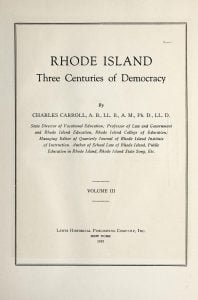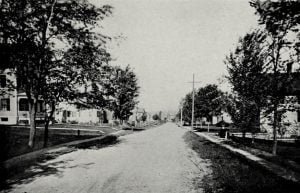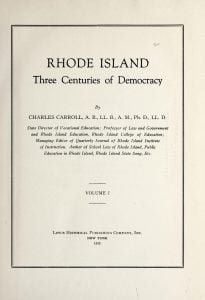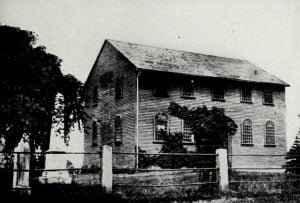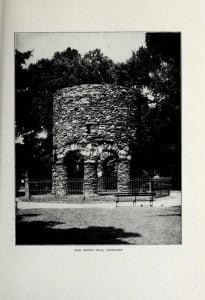Biography of Clifford Whipple
Vice-president of the United Electric Railways Company, and a well-known attorney of Providence, Clifford Whipple has risen to an important position in the city’s life. Thoroughly trained in his profession and widely experienced, he has proved his possession of legal talents of a high order, while his services in business connections have been of great value to those organizations with which he is associated. Mr. Whipple was born at Providence, Rhode Island, on September 17, 1873, a son of William P. and Mary C. (Johnson) Whipple, and member of an old New England family. Thomas Whipple, of Coventry, was his … Read more

